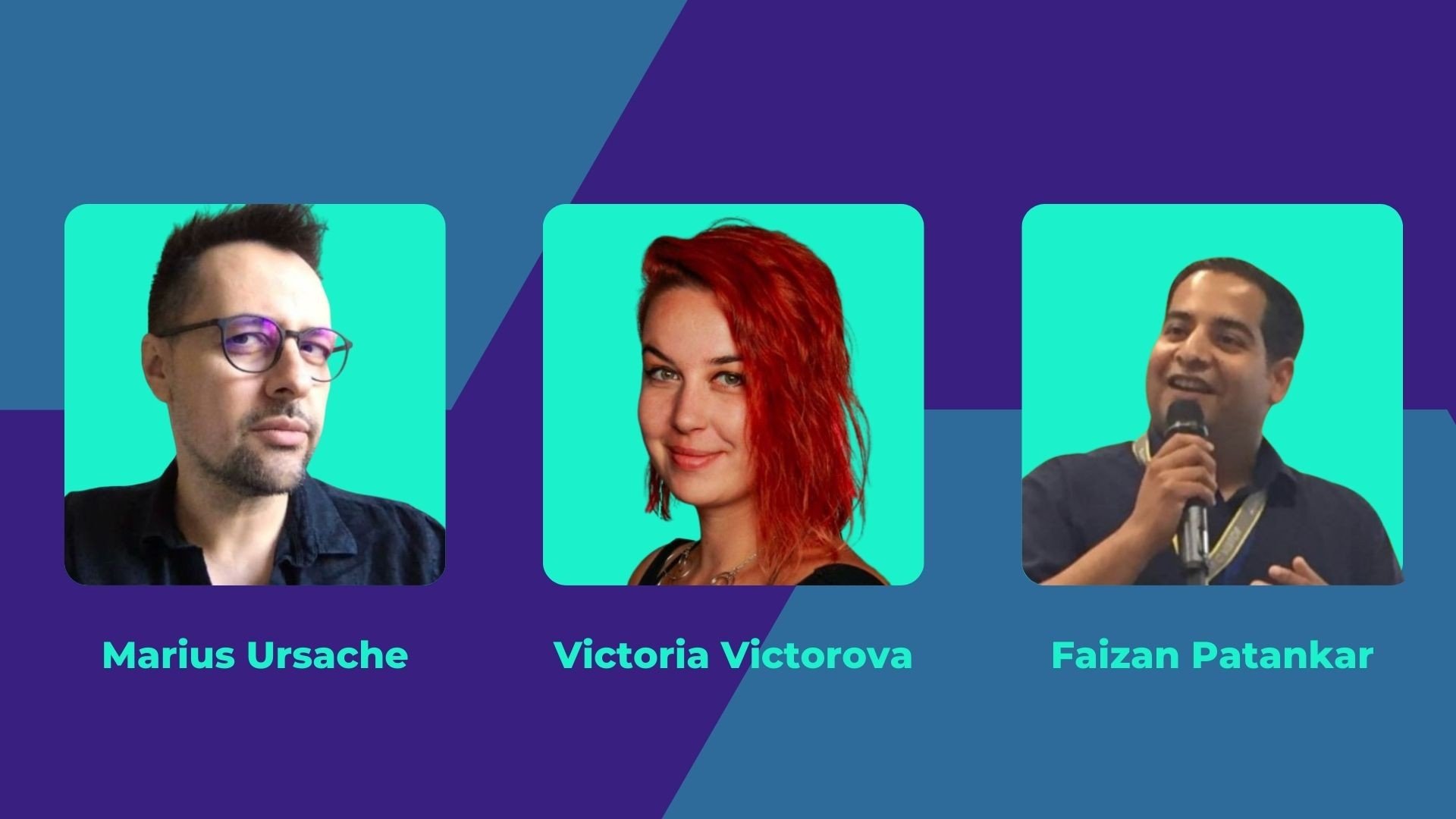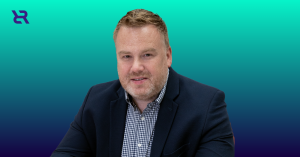How stressed, tired, or moody are you on a scale from 1-9? Is anxiety patting your shoulders to do more? When was the last time you took a day off to…watch the birds and planes fly by? Today The Recursive discusses burnout red flags and solutions with three European startup founders.
Sometimes, burnout is hard to spot in an environment fueled by technology, which comes with feedback, drafts, glitches, and endless bugs to be fixed. But as Iceland declared a success in its shorter working week trial, we asked ourselves how to set clear boundaries between work and relaxation without feeling guilty.
“CEOs think they should appear strong and unbeatable, but being vulnerable and explaining to your colleagues how you are doing, shows them they are significant enough for you and that you are a real and sincere human being. In times of personal crisis, my colleagues step up to help me and the company because they love working in the current team,” shared Victoria Victorova, co-founder of MindFit.Bg, a platform connecting employees with mental health professionals.
Anxious impulses
Burnout has a few different phases, physical, mental, and emotional, as the founders below shared with The Recursive. For Marius Ursache, co-founder and CEO of Metabeta, it first manifested as a physical burnout due to sleep deprivation, prolonged sitting, and a hectic diet. Then, it continued with self-imposed mental pressure, which translated into high uncertainty when it came to decision-making.
“I felt mentally exhausted, unfocused, and demotivated. Every work-related phone call, email, or even thought would send out anxious impulses to my mind and stomach. I would have this feeling of wanting to curl up somewhere isolated,” Victorova shared.
The worst part of this episode? “The feeling of needing to keep on pushing yourself because you need the money to survive is what makes things worse,” she added.
For Faizan Patankar, CEO and founder of Amygda, burnout was hidden behind the adrenaline rush he gets after a good sales call. As a founder, he says it is not unusual to have highs and lows during the day, but people around him noticed it didn’t go away. “My worst case was after finishing a very long meeting with my colleagues. I crashed at home for 2 days. I was locked inside avoiding seeing anyone,” he recalls.

How to avoid burnout?
#1 Talking to people | Ursache mentions that time optimization and working in a team are some of the solutions he practiced. “After intense periods, one should rest—the same constant level of pressure is eroding”. He continues that although moving, eating, and sleeping right are immediate steps to be taken, talking to people, like therapists, or working with a co-founder, is critical for long-term sanity.
#2 Journaling | Moving more and therapy are also steps on fellow founder Victorova’s list. Although she enjoys entrepreneurship because of the immense freedom, she says it also comes with tons of work. This is why she journals. “In the long run, this is how I dealt with frequent burnouts. Before, I had to resort to getting paid leave or sick leave for made-up reasons. This part of the system should undergo a radical change,” she concludes.
#3 Moving more | Amygda’s CEO shares that he is working on managing stress better, but that he doesn’t have a magic answer. He knows the symptoms and pays attention to them before they corrode the daily balance. Patankar declared that reading books and playing sports help take his mind off work.
“I push myself into sports so it tires the hell out of me and I sleep. Weird, I know, but it works. Sleep is incredible, and if you knew what it does, more folks would take the effort to sleep better.”
Sports play a big role in other SEE founder’s schedules as well. Many entrepreneurs mention cycling for unloading stress or dancing for balancing anxiety. These founders also manage to organize the 24 hours to have time for work as well as recharge.
Glorifying workaholism is dangerous
Due to their experiences with burnout, we also asked these three European startup founders from Romania, Bulgaria, and England to share if they are looking for specific mental health corporate solutions.
While Ursache revealed that his team members can adjust their working schedules as they want, to work during the morning or in the evening, he isn’t looking for a corporate initiative on mental health. “We encourage our colleagues to take care of their stress because glorifying workaholism is dangerous,” he concludes.
The MindFit.BG founder believes it is also important to take into account employees’ opinions when choosing clients and projects. “After going through a decade-long clinical depression of the highest severity, I have made it my mission to help as many people as possible with their mental health struggles. I never decline paid leave requests, I always talk to my teammates and I am open and transparent about where we are,” Victorova shares.
As for Patankar’s team, he mentions that they look out for each other, but that they will develop a system once the project gets bigger. On a personal level, he uses companies like Calm and Plumm to better understand his mindset.
As these founders took the time to open up, we realized once again the importance of communication. If you have a burnout story, feel free to share it with The Recursive community in the comments below.







